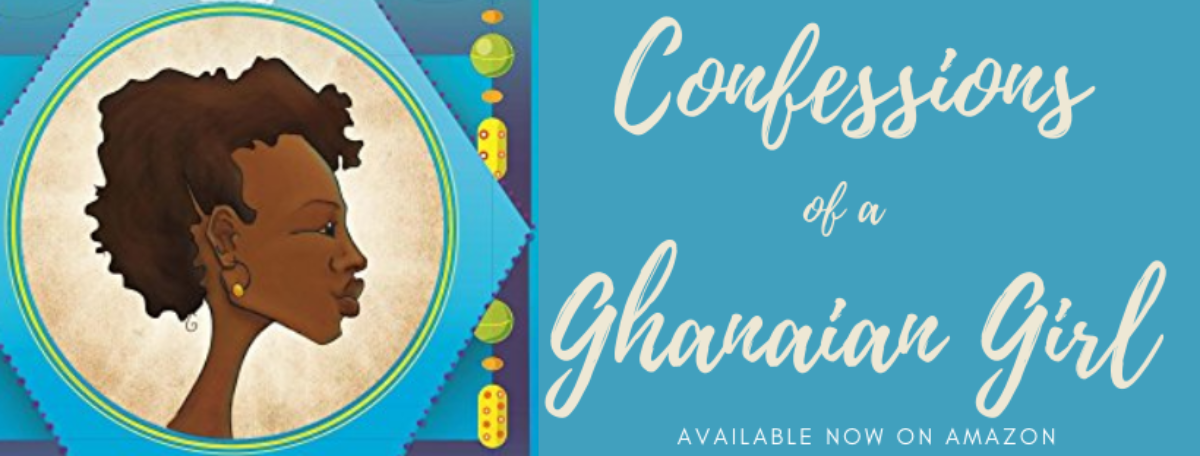St. Louis senior high school commemorates 70 years of existence this year. This milestone stirs up varied emotions in many old girls. Buried experiences and life events that happened on the St. Louis campus come alive. Over the past weeks, my Alma matter has been a constant feature on my mind as well. Mostly due to the flood of photos on my Facebook timeline from old girls thrilled about this grand milestone.
The question I’ve asked myself repeatedly is “how did St. Louis contribute to my life”? I wanted to write a random Facebook post “The 7 things I am grateful for as an old girl of St. Louis” with the answers I found. Truth be told, I struggled to find those 7 points. 2022 also marks 20 years since I left Louis (but I am not that old.😉). One might argue that with two decades past, my memory may need a little more than rejuvenation. However, my struggle was that my challenges and bad experiences were easier to reach than the things of gratitude.
Nevertheless, on Saturday 19th February 2022, at the launch of the anniversary celebration, I came across a photo of an old girl, Sally with Father Nkrumah (a former priest of the school). This photo instantly located and opened every can of good experiences hidden in memory. Father Nkrumah was such a kind-hearted person and blunt with his opinions. He educated me during conversations on campus streets of the meaning and origin of my name “Nana Kesewaa” and did not forget to add the lessons of the origin of the Kwahu. He was always ready to impart knowledge, regardless of the location.
Now let me share some things, I am grateful for as an old student of St. Louis.
The educational infrastructure: As a science student, I was privileged to be in the best science class (Science B). Most importantly, I count it a blessing to have been in a school that had highly equipped labs where we could have practical sessions in Biology, Physics, and Chemistry. To experience everything we read come alive in our hands.
The amazing teachers: I cannot forget the phenomenal teachers we had. Mr. Addae Mununkum left me with a positive impression of his personality, my English literature teachers Maa Adongo and Maa Christi and how they imprinted the love for literature on my heart. Mr. Bawuah, for his patience in teaching Chemistry and his dry jokes in class. Maa Vero and another teacher whose name I fail to recall taught us life skills with such a heart of humour.
Skills & purpose development: I am grateful for the opportunities we were given to develop the necessary skills as well as our gifts in the many student clubs and sport groups. I enjoyed being in the drama group “Faith in Action” and also singing with the Sweet Melodians. Then as well, being part of the Green Earth organisation, evangelizing about the need to keep the earth green. The opportunities were incredibly vast, and key to developing our life purpose as well as positioning us as positive contributors to society.
Leadership Skills: I was privileged to be a prefect in my final year. This experience as a leader taught me a lot about myself and people, of course. It taught me to be respectful of others. How I became an assistant Compound Overseer is also a story for another day.
Community and Sisterhood: My favourite moments on campus were the morning assemblies each weekday before class, the protestant church services in the dining hall and entertainment nights on Saturdays. Those moments reflected the community nurtured by girls from different parts of the world brought together by a vision for wholesome girl education. This was highly reflective in the way we communicated with each other on campus. We formed bonds that moved beyond friendship into sisterhood and community.
The culture of hugs: What more can be said about Louis girls and the culture of hugs? I am grateful I learned this expression of love and friendship primarily in Louis. Hugs were the preferred and most common form of salutation on campus.
Responsibility: Each girl gets assigned some responsibility every term. It was expected of us to be diligent in our duties and contribute to the “running” of the school. Though I did not appreciate the areas I was assigned in my early years (toilets and bathrooms), I knew they had to be clean before I sat in the classroom each day. If it was not up to standard, I would be asked to do it again. At an early age we were taught how to deal with such tasks as well as manage time.
The amazing people: I think the greatest blessing of St. Louis was the people I was privileged to meet. The many personalities I got to learn from. Even at the age of 14, 15,16,17 some people so stood out in their personalities and focus on life. They were an inspiration to many by their kindness, calmness, intelligence, resilience, assertiveness and (not to cut the list short), boldness.
I strongly believe it was God’s will that I find myself in St. Louis, and that it nurtures me into who I am today. As we thank God for the existence of this school, I am grateful for the many experiences I made, the good and the bad and the wonderful people I met, students and teachers alike.
On this day, let us also remember the incredible souls such as Sheila Mensah and Alberta who are not with us to mark this day. God’s peace be with them.







